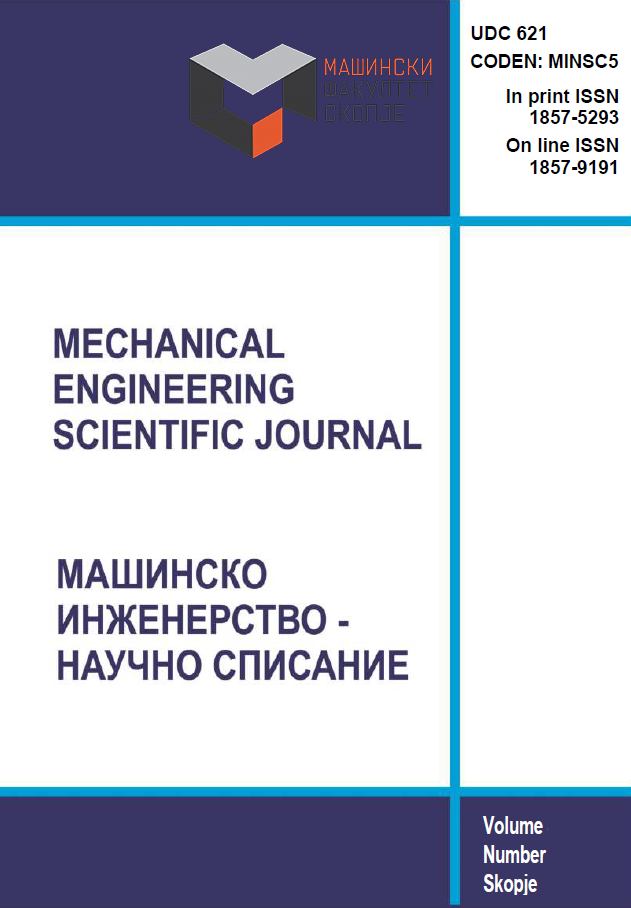676.DEVELOPMENT OF CURRENT MEASURING INSTRUMENT USING HALL EFFECT
DOI:
https://doi.org/10.55302/MESJ24421027shKeywords:
current sensing, Hall effect, Arduino microcontrollerAbstract
Isolated current sensing is fundamental in several contexts, including power electronics, automotive, and smart buildings. To meet the requirements of modern applications, current sensors should feature ever larger band-width and dynamic range, as well as reduced power consumption and dimension. There are different ways for current measurement like using current transformers or using the Rogowski coils which are not precise enough in many appli-cations and not suitable for use in power electronic measurement systems. For that reason, the Hall effect-based sensor can be used as a very precise alternative with minimum external components. Many modern electronic devices utilize linear Hall sensors to measure current and the magnetic field, as well as to perform switching and latching operations. Within this paper a focus is on the analysis and creation of a current measuring device using the Hall effect sensor SS495A. The mathematical model of the device is calculated experimentally, which then is connected to a microcon-troller. The device is connected to the internet and using an IoT platform, an app is created which allows for real time monitoring through the web or a smartphone.Downloads
Published
24-06-2024
How to Cite
1.
Dejan Šiškovski, Damjan P, Saško D. 676.DEVELOPMENT OF CURRENT MEASURING INSTRUMENT USING HALL EFFECT. MESJ [Internet]. 2024 Jun. 24 [cited 2026 Feb. 28];42(1):27-32. Available from: https://mesj.ukim.edu.mk/journals/article/view/116
Issue
Section
Articles





